When you purchase through links on our site, we may earn an affiliate commission.Heres how it works.
Its essential not to confuse Infrastructure as a Service (IaaS) for PaaS.
They are related but not the same thing.
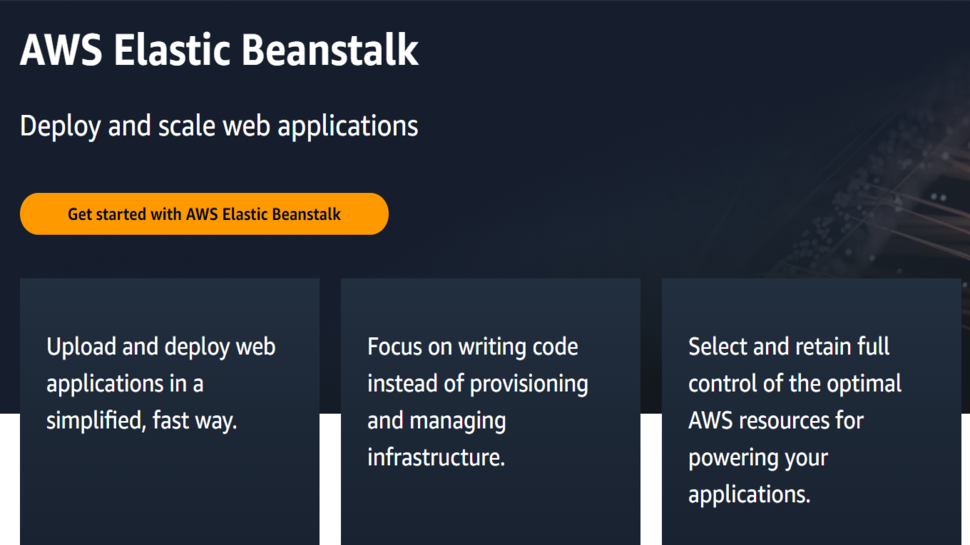
you’ve got the option to access PaaS in three major ways.
The first and most popular is a dedicated service from a cloud computing provider.
We tested different PaaS providers to identify the best ones.
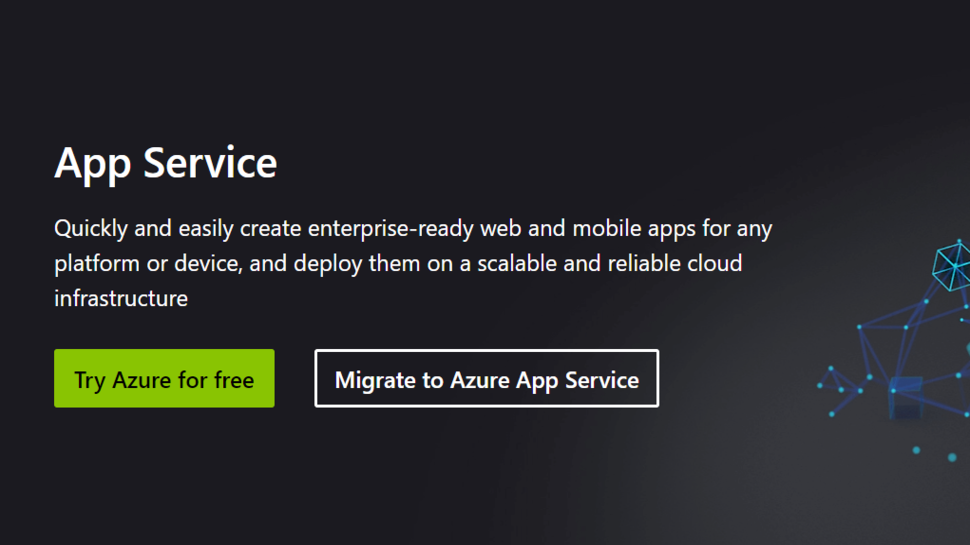
We selected them based on important factors including pricing, performance, features, customer service, etc.
We’ve also highlighted thebest IaaS providers.
Best PaaS provider for reliability
1.
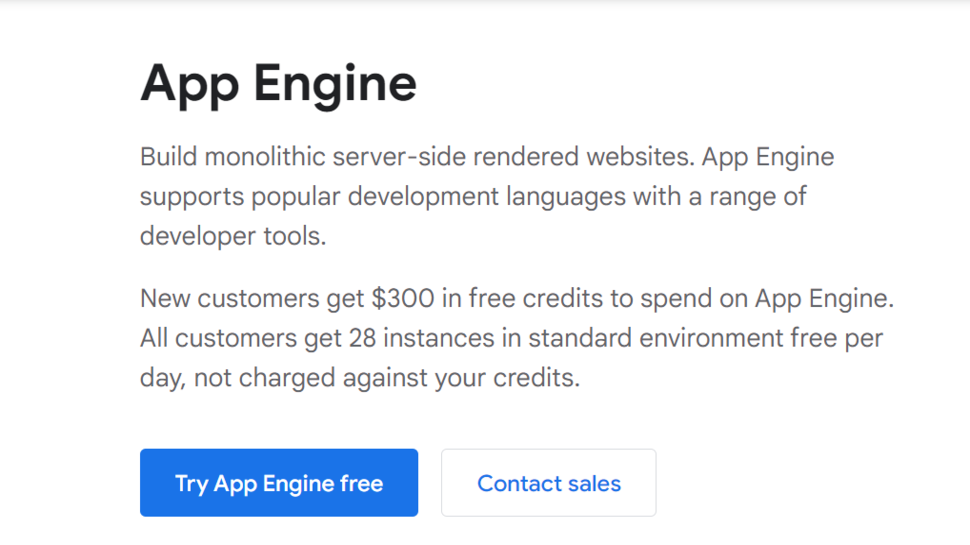
Elastic Beanstalk is a PaaS service built atop AWS.
Elastic Beanstalk provides a platform to let you build and deploy web-based applications easily.
Elastic Beanstalk operates on a pay-as-you-go model.
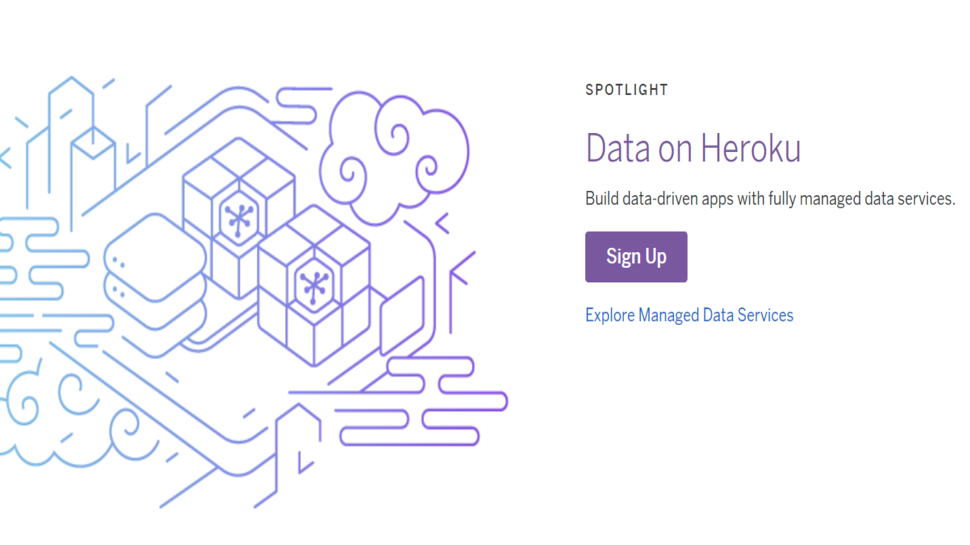
The platform itself doesn’t incur costs.
There are no minimum fees or upfront costs needed.
AWS has a reputation for being economical on the low end and expensive if your app has high traffic.
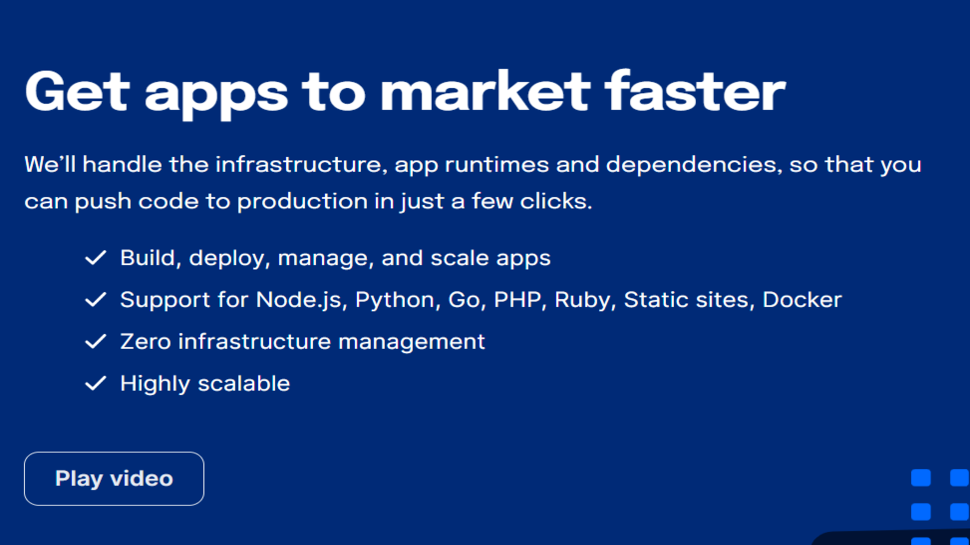
Elastic Beanstalk relies on AWS infrastructure, which is very reliable and redundant.
AWS guarantees a 99.99% uptime.
Best PaaS provider for security
2.
Microsoft bundles its PaaS and IaaS services together under Azure.
it’s possible for you to use the Azure App Service to create and deploy your apps easily.
This platform lets you build web-based apps for personal computers and mobile phones.
It supports various programming languages including Python, Java, Node.js, Core, and Microsoft’s own .NET.
Azure is famous for its sophisticated security features.
It meets rigorous compliance standards, such as SOC and PCI.
Microsoft employs thousands of cybersecurity experts dedicated to keeping everything about Azure secure.
It also has a complicated pricing structure that makes it difficult to estimate your final app hosting costs.
Best PaaS provider for performance
3.
Google App Engine is a PaaS built atop Google Cloud.
It provides tools for developers to build and host web applications on Googles powerful data center infrastructure.
you might safeguard your app using a firewall and setting custom access rules.
Googles physical server infrastructure is very powerful, so you shouldnt have problems with scaling your app.
However, a major drawback of using App Engine is that its more expensive than rival tools.
Best PaaS provider for ease of use
4.
Heroku
Heroku is a simple platform as a service (PaaS) provider.
It makes building and deploying web applications very easy.
you’re able to also use several unofficially supported languages via third-partyBuildpacks.
The best thing about Heroku is its simplicity.
Its one of the easiest platforms for any developer to understand.
Check Heroku reviews, and youll often see developer experience as the main highlight.
Heroku is relatively affordable if your app doesnt have much traffic.
However, it gets expensive as the traffic grows.
Best PaaS provider for affordability
5.
DigitalOcean App Platform
DigitalOcean is a niche cloud computing provider.
App Platform is DigitalOceans PaaS solution.
It offers a fully managed solution to build and deploy your apps.
DigitalOcean has an intuitive interface that you’ll likely enjoy using.
App Platform secures your apps automatically.
App Platform supports many programming languages including Python, Node.js, PHP, Ruby, and Go.
App Platform has a free plan, which lets you build static sites.
To build apps, youll need a premium plan which starts at just $5 per month.
We’ve also listed the best cloud orchestration software.
Best PaaS provider FAQs
How to choose a PaaS provider
1.
Programming languages
What programming languages do your PaaS provider support?
Scalability
Your PaaS platform should allow you to scale your app with little hassles.
Run-time environment
Run-time environment (RTE) refers to the operating system that allows your software to run.
Common examples include Apache Tomcat, Jetty, and IIS.
Your PaaS provider should support many run-time environments and give you a broad choice for app development.
Cost
Cost is a primary consideration when choosing any platform.
You should choose a PaaS provider that you might easily afford in the long term.
Check the pricing pages and read the fine print to see if there are any hidden costs.
Features of a PaaS provider
1.
You should be able to see the effects of your code immediately after deploying it.
Monitoring and analytics
Your PaaS should allow you to analyze your apps usage.
This will make it easy to optimize your app development for lower costs.
Database
It should provide database software to store data for your applications.
It should also allow you to configure and optimize your database for effective results.
Middleware
Middleware refers to software that lies between an operating system and the apps running on it.
Your PaaS platform should provide middleware services to make it easy to develop your apps.
Otherwise, your developers will have to spend more time and effort creating these services by themselves.
How we tested the best PaaS provider
We test by evaluating numerous factors.
Read more on how we test, rate, and review products on TechRadar.